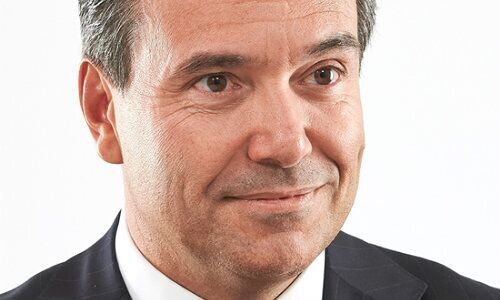More Investment Bank Scrutiny Under New Credit Suisse Chairman
Credit Suisse chief executive Thomas Gottstein underlined greater scrutiny of its investment banking arm under incoming chairman Antonio Horta-Osorio, adding that there will be «no sacred cows».
The scrutiny of Credit Suisse’s investment bank will be a «core strategic theme» under incoming chairman Antonio Horta-Osorio, according to a report by Swiss newspaper «Neue Zuercher Zeitung» citing CEO Thomas Gottstein.
This follows a 4.4 billion Swiss franc ($4.7 billion) loss linked to the collapse of Bill Hwang’s family office Archegos and potential losses tied to Lex Greensill’s supply chain finance firm.
«No Sacred Cows»
Gottstein said that the bank will look to take out risk from certain parts of the investment bank, including the troubled prime services unit, stressing that there would be «no sacred cows» in the overhaul.
Notable exits that have already occurred as a result of the Archegos and Greensill debacles include chief risk officer Lara Warner and investment banking chief Brian Chin.
Although Horta-Osorio is due to join from Lloyds Bank and succeed incumbent chairman Urs Rohner in a few weeks on April 29, there have already reportedly been calls for an immediate handover.
Less Face-to-Face, More Risks
According to Gottstein, risk management has become notably more difficult under the coronavirus era due in part to the lack of face-to-face meetings.
«It’s a challenge to manage a global bank during a pandemic over Zoom,» Gottstein said, adding that he was convinced that the increased difficulty was applicable to other financial players such as banks or insurers.
«One-Bank» Attachment
Gottstein was notably wedded to «one-bank» as a strategy, even as he flags a review under incoming Chairman António Horta-Osório under which «nothing is sacred». The one-bank strategy positions Credit Suisse better than it rival banks, Gottstein argued.
«There are many examples where we know the client better because we serve them from two or three sides. As a bank we simply need to know the conflicts of interests and respect internal compliance,» he noted.
«When it's done right, we know more about the client's financial strength and actions. But we will look at that in the review: are there negative incentives to make some decisions.»



























